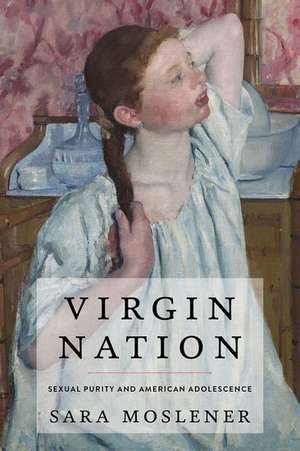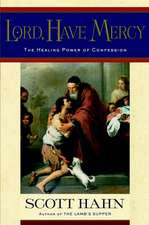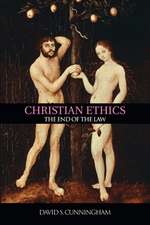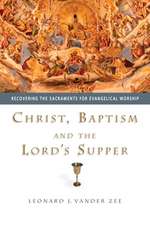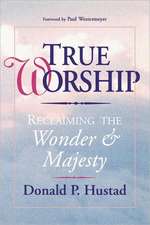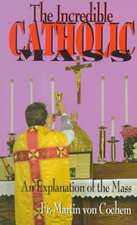Virgin Nation: Sexual Purity and American Adolescence
Autor Sara Mosleneren Limba Engleză Hardback – 9 iul 2015
Preț: 186.35 lei
Preț vechi: 228.87 lei
-19% Nou
Puncte Express: 280
Preț estimativ în valută:
35.66€ • 37.32$ • 29.68£
35.66€ • 37.32$ • 29.68£
Carte tipărită la comandă
Livrare economică 19-25 martie
Preluare comenzi: 021 569.72.76
Specificații
ISBN-13: 9780199987764
ISBN-10: 0199987769
Pagini: 232
Dimensiuni: 160 x 241 x 20 mm
Greutate: 0.41 kg
Editura: Oxford University Press
Colecția OUP USA
Locul publicării:New York, United States
ISBN-10: 0199987769
Pagini: 232
Dimensiuni: 160 x 241 x 20 mm
Greutate: 0.41 kg
Editura: Oxford University Press
Colecția OUP USA
Locul publicării:New York, United States
Recenzii
Virgin Nation presents a novel perspective about a polarizing but little-understood movement -René Breuel, The Times Literary Supplement
Virgin nation ... demonstrate[s] the richness of Protestant evangelicalism, from the nineteenth century to modern time ... concurring that there is more to the discussion of evangelicals and sexual purity than biblical interpretations of sexuality.
Moslener adeptly situates the fundamentalist position vis-a-vis premarital abstinence historically and politically, showing how teachings about proper sexual praxis worked not only to differentiate fundamentalist identity but also to make sense of broader structural issues, most notably shifting gender roles, national decline, and global uncertainties.
Moslener's monograph is a fine addition to the growing list of works that explore the intersection of gender and American evangelicalism. Students of evangelicalism, sexuality, and American politics would be wise to add Virgin Nation to their libraries.
Virgin nation ... demonstrate[s] the richness of Protestant evangelicalism, from the nineteenth century to modern time ... concurring that there is more to the discussion of evangelicals and sexual purity than biblical interpretations of sexuality.
Moslener adeptly situates the fundamentalist position vis-a-vis premarital abstinence historically and politically, showing how teachings about proper sexual praxis worked not only to differentiate fundamentalist identity but also to make sense of broader structural issues, most notably shifting gender roles, national decline, and global uncertainties.
Moslener's monograph is a fine addition to the growing list of works that explore the intersection of gender and American evangelicalism. Students of evangelicalism, sexuality, and American politics would be wise to add Virgin Nation to their libraries.
Notă biografică
Sara Moslener holds a doctorate in Religious Studies from Claremont Graduate University. Her research focuses on the intersection of sexuality and religious identity, in particular the ways that Protestant evangelicals have historically situated sexual morality within discourses of national security. She is Assistant Professor of Religion at Central Michigan University.
